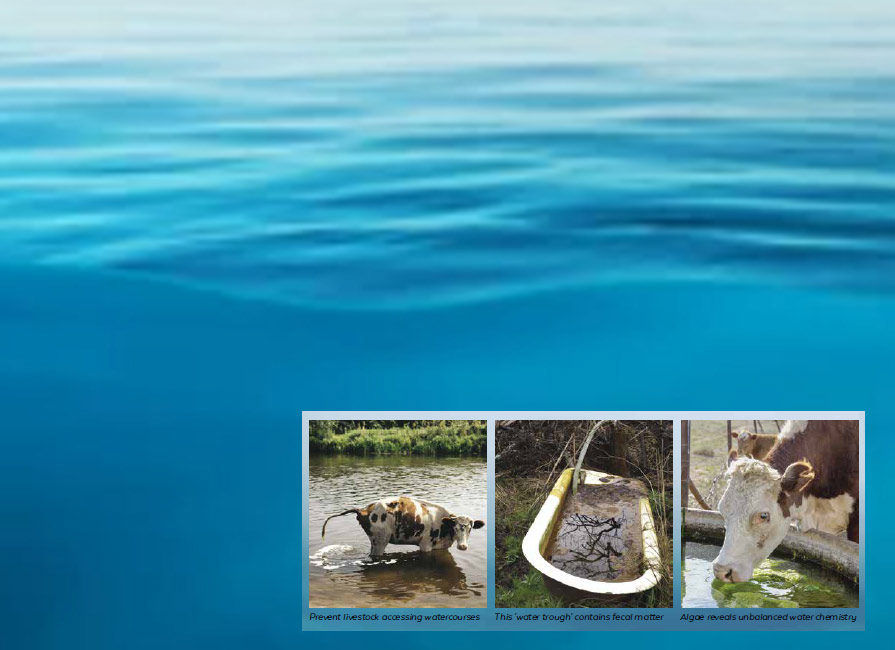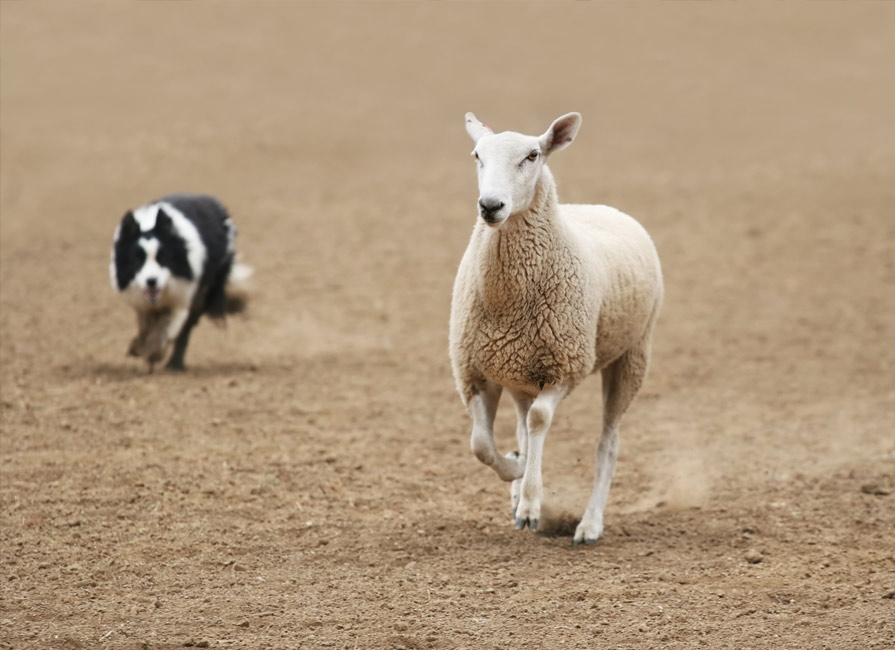Water is arguably the most important nutrient on earth. It is “the universal solvent,” providing…

Another Silver Bullet Misses The Mark: The EAT-Lancet Report’s Missed Opportunity to Back Real Sustainability
Reposting courtesy of our colleagues at AGW Global:
The recently published EAT-Lancet Commission report, housed on the world-renowned Lancet site, proposes scientific targets for healthy diets and food production to ensure human health and environmental sustainability in the years to come. This ambitious report comes at a time when many are seeking answers as to how we’ll combat climate change, and the authors claim that meeting these targets will achieve the Paris Agreement objectives and the United Nations’ Sustainable Development Goals. But even with what seems to be the best of intentions, the report’s call to action for a major global shift towards a plant-based diet has instead missed the mark when it comes to sustainability.
Yes, food absolutely plays a part in the future of our planet, but we have warned before that this anti-livestock narrative is dangerous ground. And we’re not the only ones pushing back. Predictably, many industry organisations are rightly bringing to light that the source data for much of the anti-meat rhetoric is either downright wrong or uses outliers as comparison points. It even appears that the scientific panel may have been intentionally selected to match the report’s agenda. The effort—including a multifaceted marketing campaign and 40-country launch tour–is being backed by well-funded entities with numerous conflicts of interests (for example, food manufacturers who stand to profit handsomely from a transition toward non-animal products). Many high-profile members’ devotion to vegan and vegetarian diets was established well before the report, leading food journalist Joanna Blythman to conclude, “In effect, it’s a top-down attempt by a small, unrepresentative, dogmatic global elite to mould public agriculture policy.” The Sustainable Food Trust wrote that “due to a fundamental lack of agricultural understanding, some of the main dietary recommendations are incompatible with the food production outcomes of truly sustainable farming systems.” The report has also been rejected by nutritionists concerned about the diet’s inherent nutritional deficiencies, stemming from the drastic reduction of traditional sources of essential nutrients.
But what’s most troubling is what the report has chosen to ignore. For example, the recommendation for nitrogen fertiliser use to be increased in developing countries to match the decreases achieved in developed countries, is of great concern since nitrogen is a known sterilizer of soil. This is in obvious direct opposition of worldwide goals to build soil organic matter. The report also ignores the role of micronutrients, food sovereignty, the benefits (or even existence) of high-welfare, pasture-based farming systems, and even the fact that the use of land in some areas cannot be used to grow nuts—copious amounts of which are apparently needed to follow the proposed diet. And, disturbingly, the report’s authors place a great and unfounded trust in the concept of “sustainable intensification”—an unproven strategy of further industrialising our food system. This concept banks on new, yet-to-be-developed technologies, ignoring real agroecological solutions that are already working. All this implies a serious lack of farming knowledge or basic comprehension of fundamental soil and sustainability functions.
As we’ve outlined many times, pasture-based livestock management is an essential part of the solution to heal the planet. Sustainable farming, like the science-based farming standards required by A Greener World, can change agriculture’s negative interactions with plants, animals, humans and the environment to positive impacts which benefit us all. Pasture-based systems are vital to any truly functional food system, and they have benefits that extend far beyond the farm. We need to encourage the food choices we can be making right now, without significantly altering our lifestyles, that actually have a beneficial impact on the environment and human health.
We can’t help but conclude that this well-funded, and even seemingly well-intentioned project is just another missed opportunity to bring about real change. Had a diverse group of scientists from various fields of sustainable agriculture production been brought together instead, there might have been a chance to work together towards global sustainability initiatives, rather than ending up with this one-size-fits-all–and highly unlikely–outcome.
Feeding a growing population sustainably is inherently more nuanced than we are often led to believe, and requires deeper thinking than simply eliminating one food group from our diets. We must remain focused on science and sustainable solutions and cannot let biased reports cloud the conversation. Pasture-based and grassfed livestock farming systems have wider benefits on human health, socio-economic metrics, the environment and animal welfare. These benefits can’t be ignored any more than the challenges they help solve.
Change can and must happen, and conscientious eaters can be the real driving force for truly positive and sustainable change—whether through the market in the short term, or through that market ultimately leading to smart policies. There are thousands of farmers around the world using verified sustainable farming practices which have positive effects on the environment, human health and rural economies. There are also meaningful third-party certifications that give consumers a way to choose sustainable foods from these farms—without adopting an unrealistic and ultimately unsustainable diet.
The challenges that face us as a planet with a growing population and limited resources are truly daunting. But it’s going to take more than blind ideology to move us forward. Let’s hope this is the last time we see such extravagant resources being used to promote a lifestyle agenda rather than real solutions.



